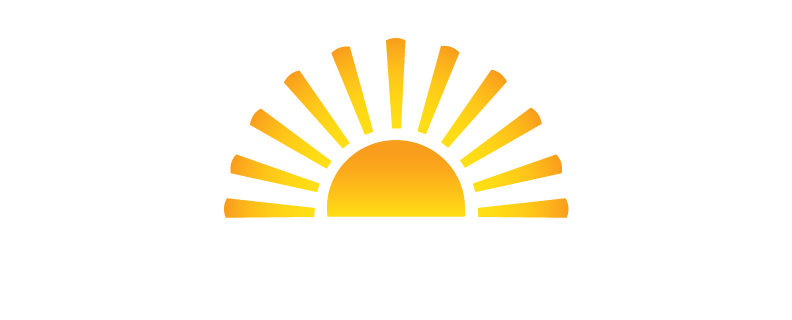Herniated Disc
The human spine is made up of 33 individual bones called vertebrae. Situated in between the vertebrae are round, flat cushions called discs, with a soft inner layer surrounded by a durable outer layer. These discs act as “shock absorbers” to prevent damage to the spine.
Sometimes, part of the soft inner layer becomes “herniated” when it gets pushed through a tear in the outer layer and into the spinal canal. The spinal canal is the passageway that your nerves travel through as they run from the brain to the rest of the body. When a disc becomes herniated, it often compresses these nerves, aggravating them and causing pain.
Schedule a consultation today
What causes a herniated disc?
The most common cause of herniated discs is regular wear and tear that results from aging. This process is referred to as disc degeneration. As the disc ages and becomes less flexible, it is easier for it to tear or rupture.
Some specific actions can often result in a herniated disc, including lifting heavy objects with your back instead of your legs or twisting/bending in an awkward way. On rare occasions, a more severe incident like a fall or sudden blow to the back can be the cause. The more degenerated the disc, the more likely a herniation may occur.
What are symptoms of a herniated disc?
Symptoms of a herniated disc may vary depending on where the herniation occurs and whether or not a nerve is compressed by the disc. If a nerve is compressed, there may be several symptoms.
- If the herniation occurs in the neck, you may feel sharp pain in the neck as well as parts of the body associated with the compressed nerve, such as the arms and shoulders.
- If the herniation occurs in the back, you may feel sharp pain in the back as well as parts of the body associated with the compressed nerve, such as the buttocks, legs, and possibly even the feet.
- Numbness or tingling in parts of the body affected by the compressed nerve.
- Weakness in muscles associated with the compressed nerve, which can result in reduced function and risk of stumbling or falling.
If the herniated portion of the disc does not compress any nerves, there may be little to no pain.
How is a herniated disc treated?
The best way to treat herniated discs it to prevent them in the first place. You can reduce the risk of disc herniation by making healthy lifestyle choices, including getting regular exercise, sitting with your back straight, lifting with your legs, maintaining a healthy weight, and quitting smoking.
If you do experience a herniated disc, Twin Cities Pain Clinic offers a variety of treatments to manage the pain.
Schedule an appointment with Twin Cities Pain Clinic to learn how we can help relieve your herniated disc pain.
RELIEVE YOUR PAIN, RENEW YOUR LIFE!

